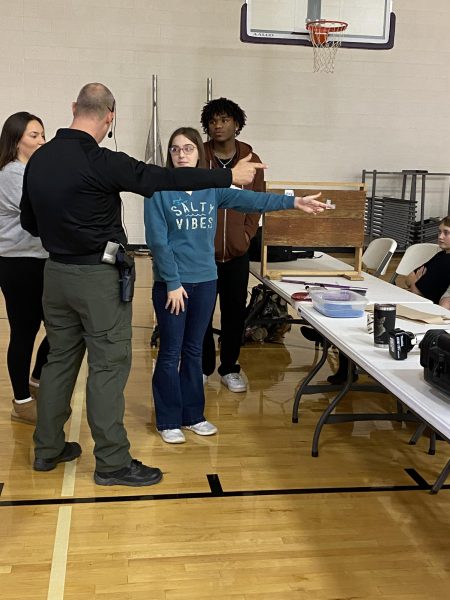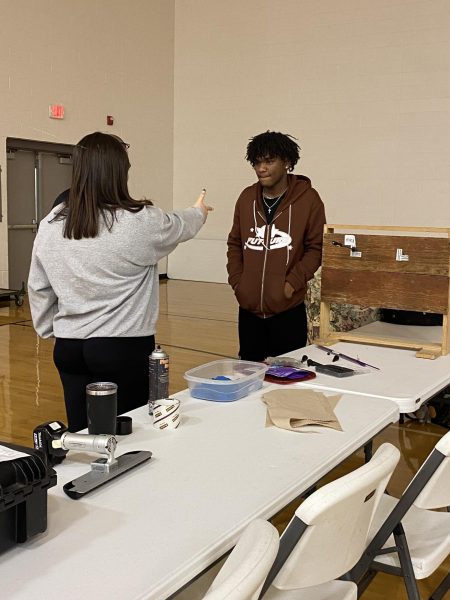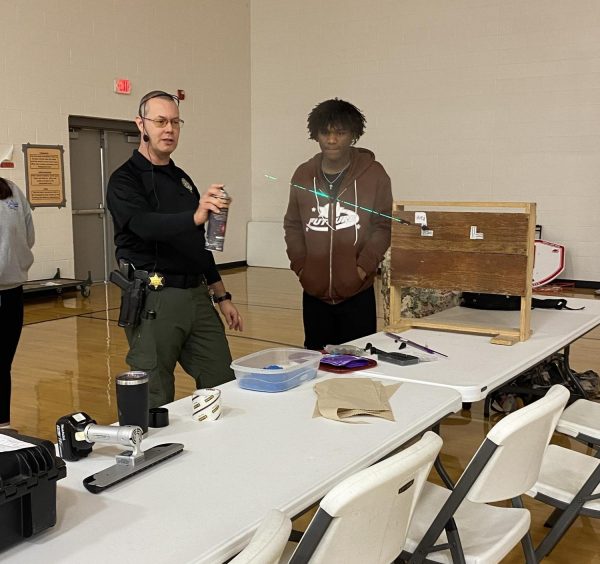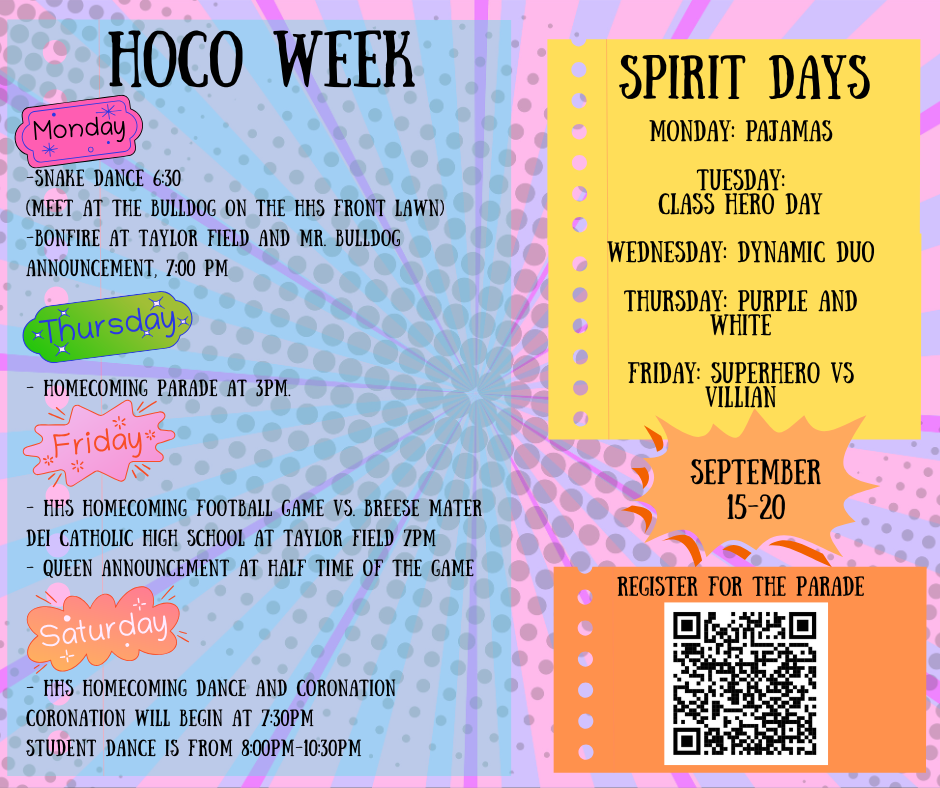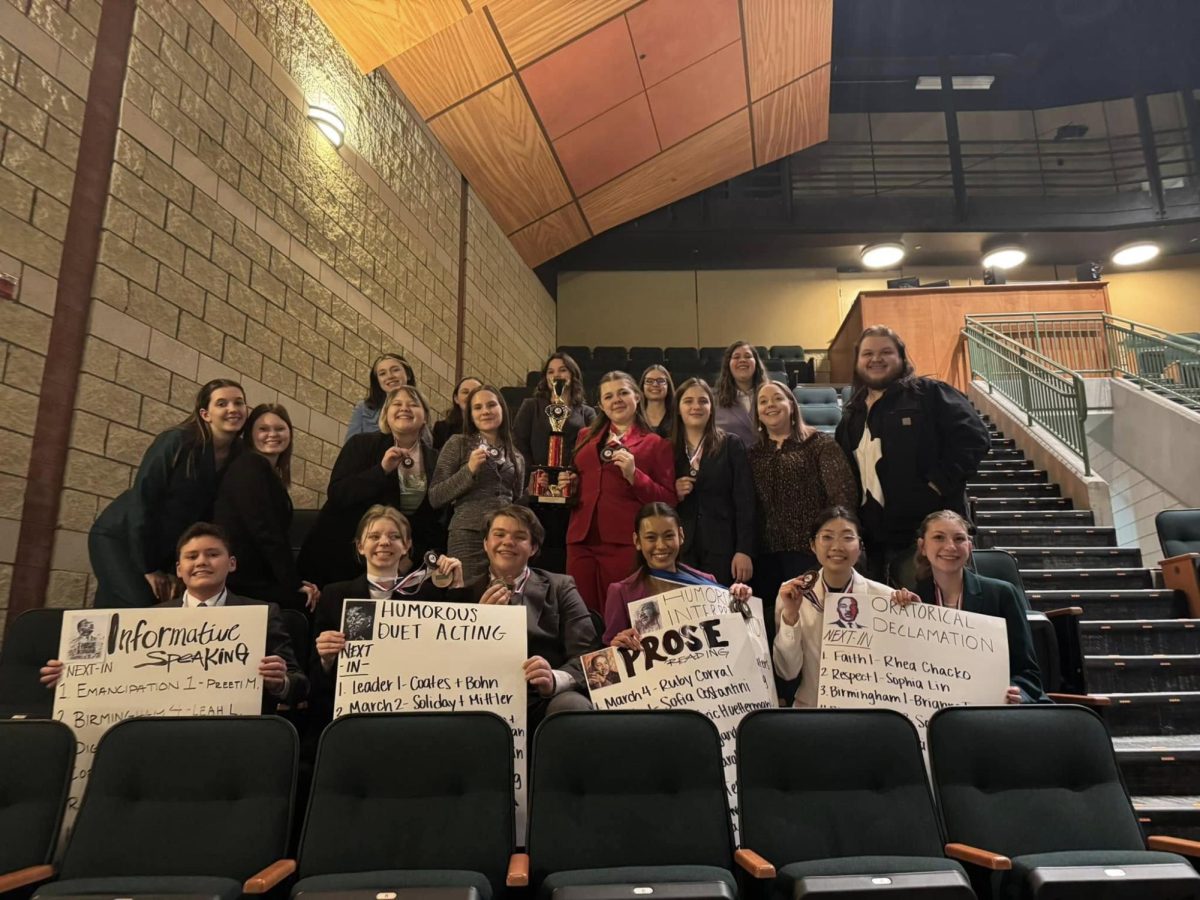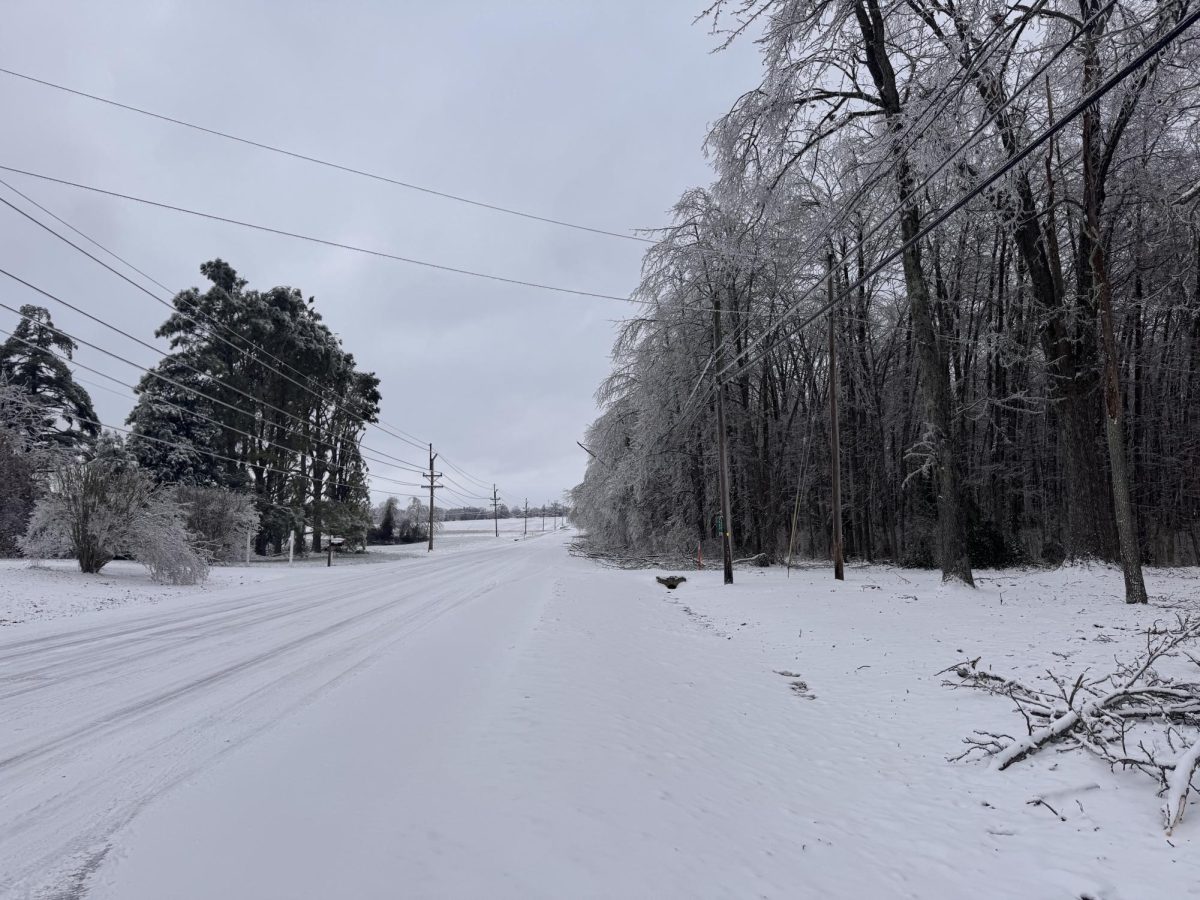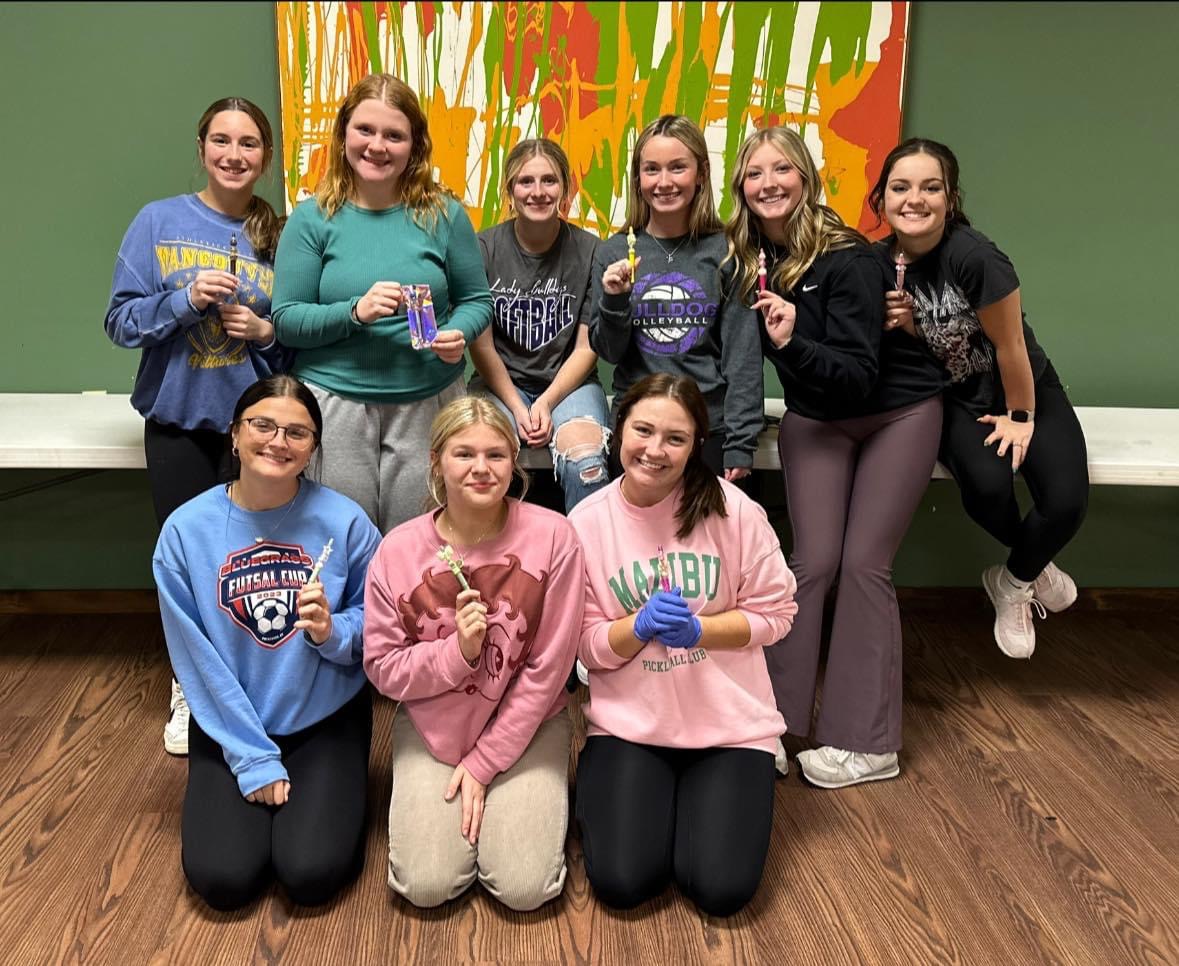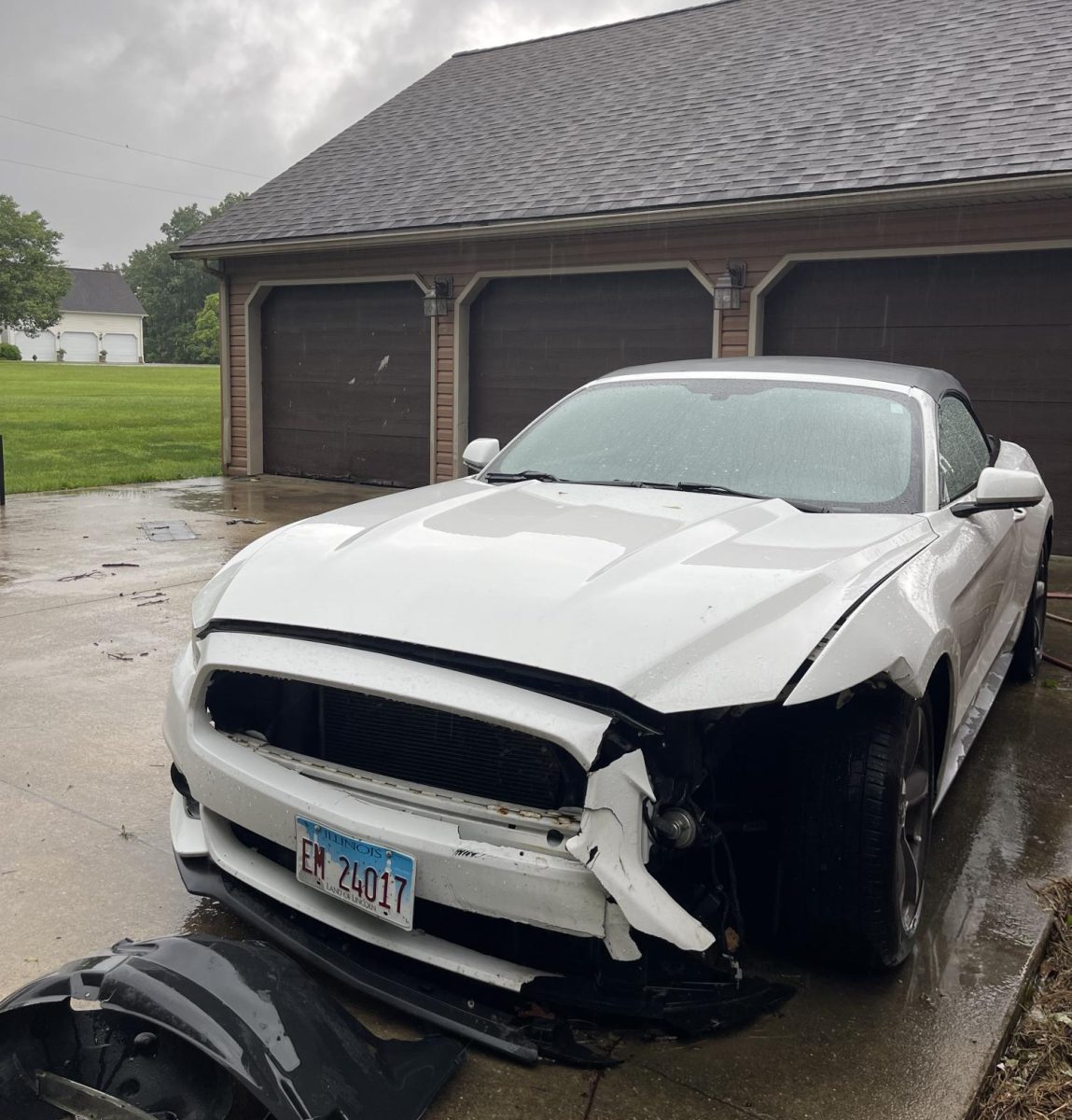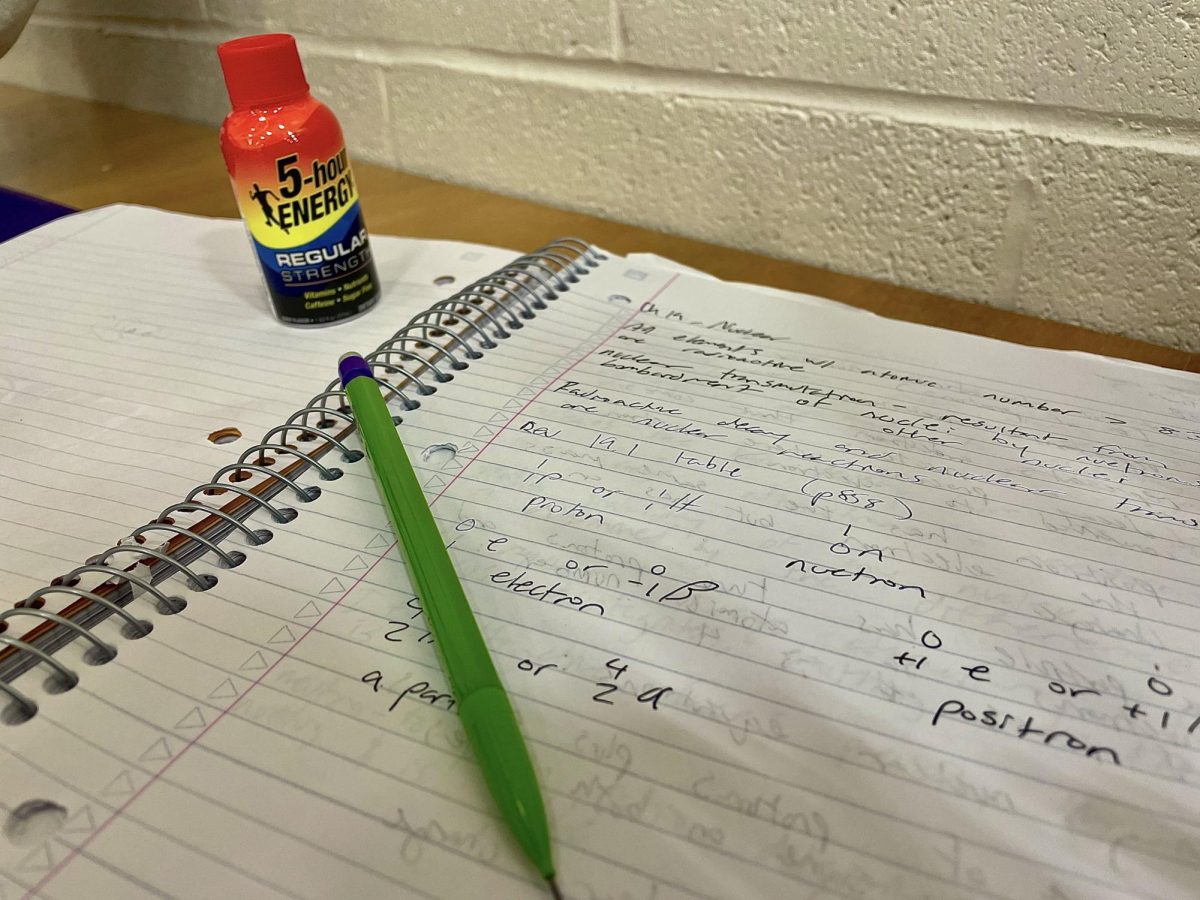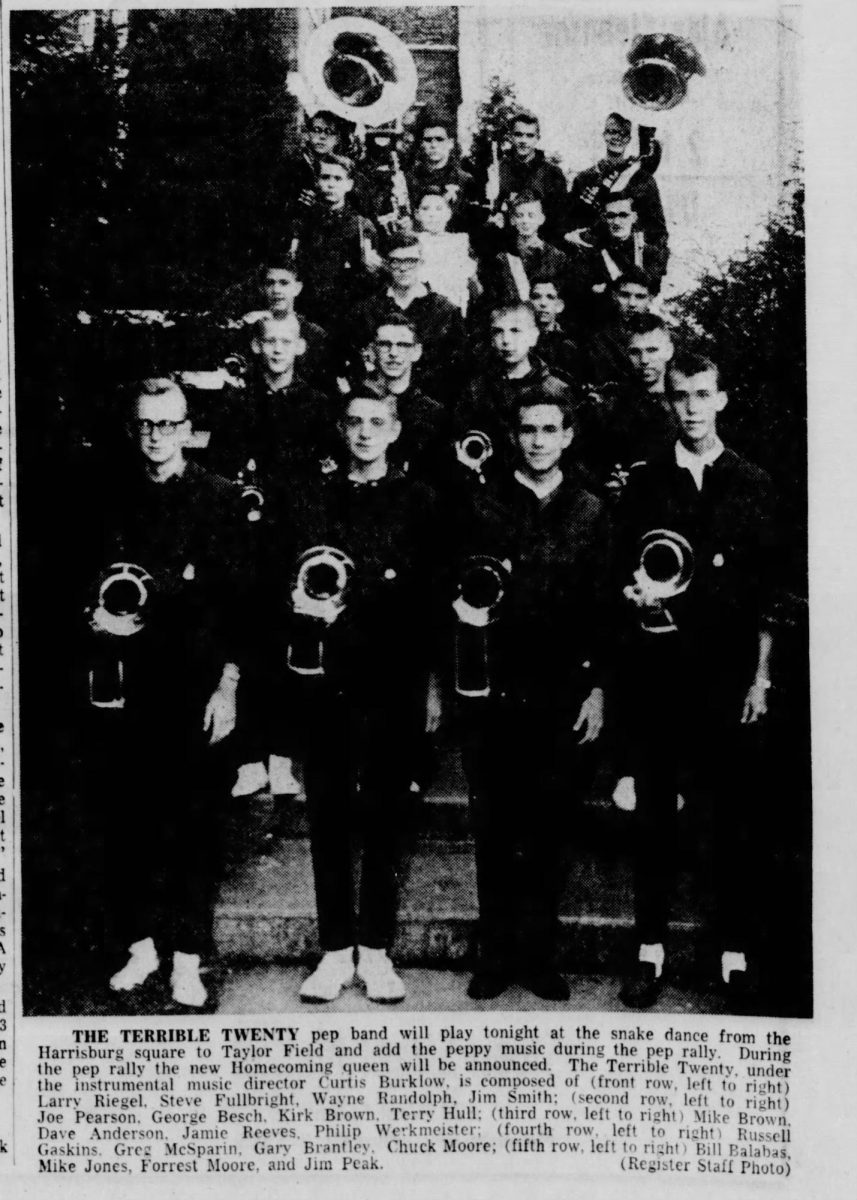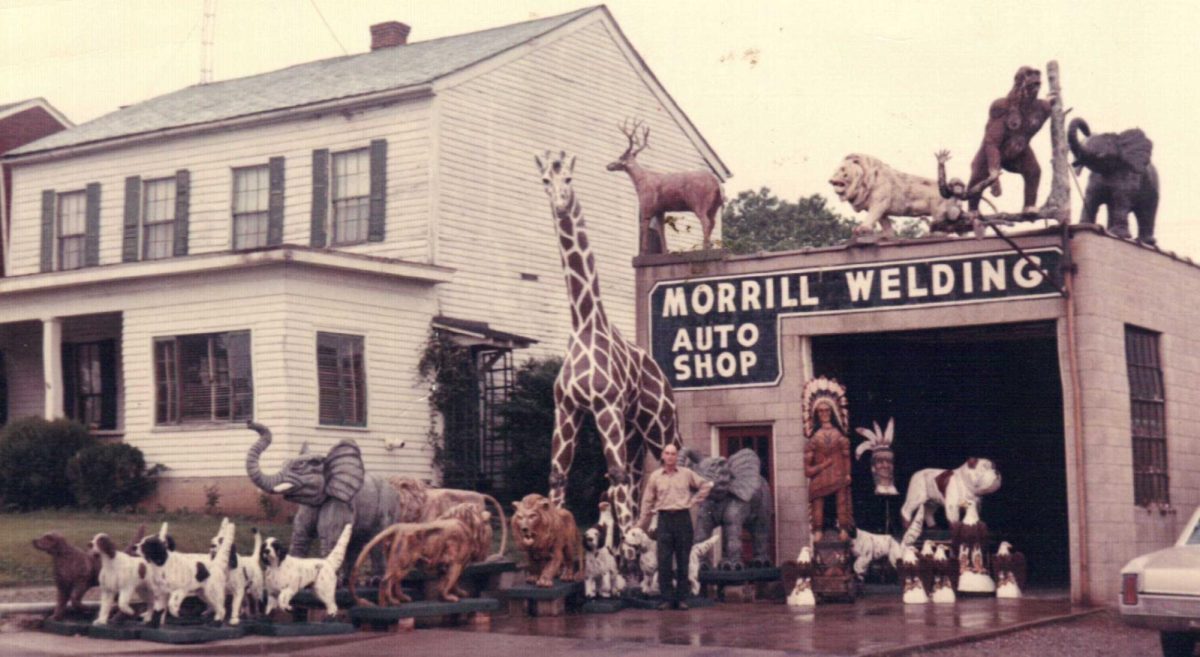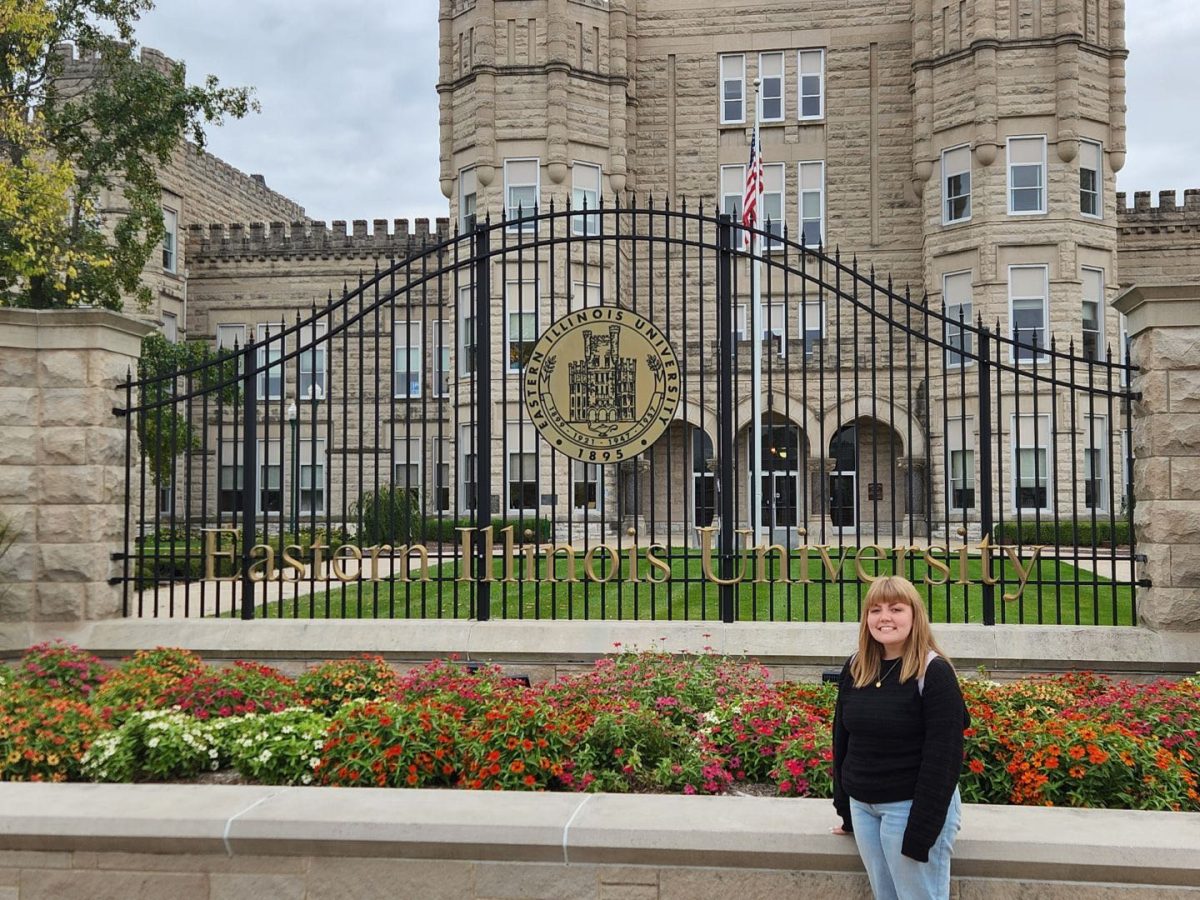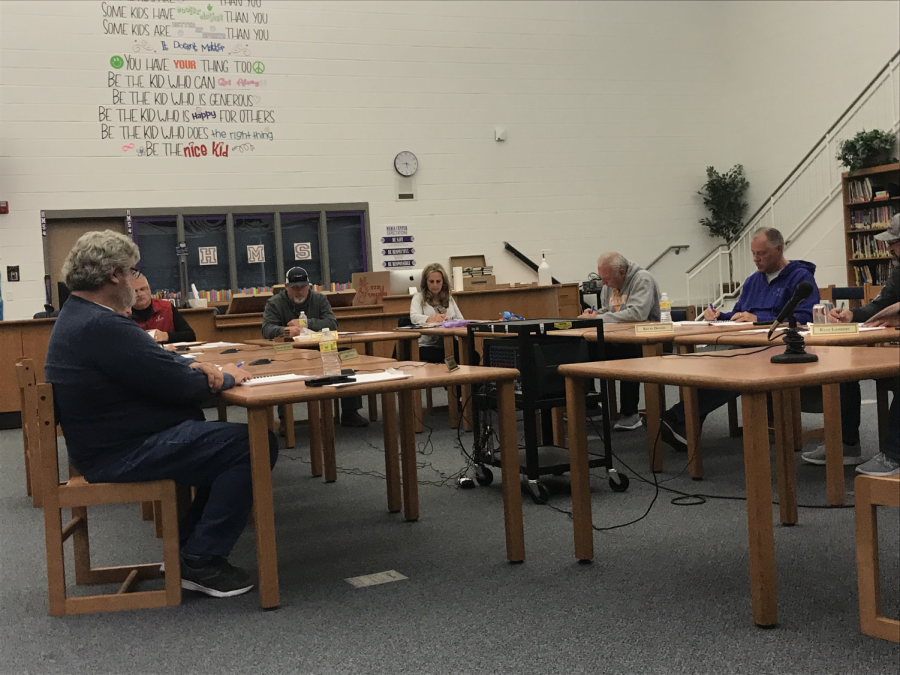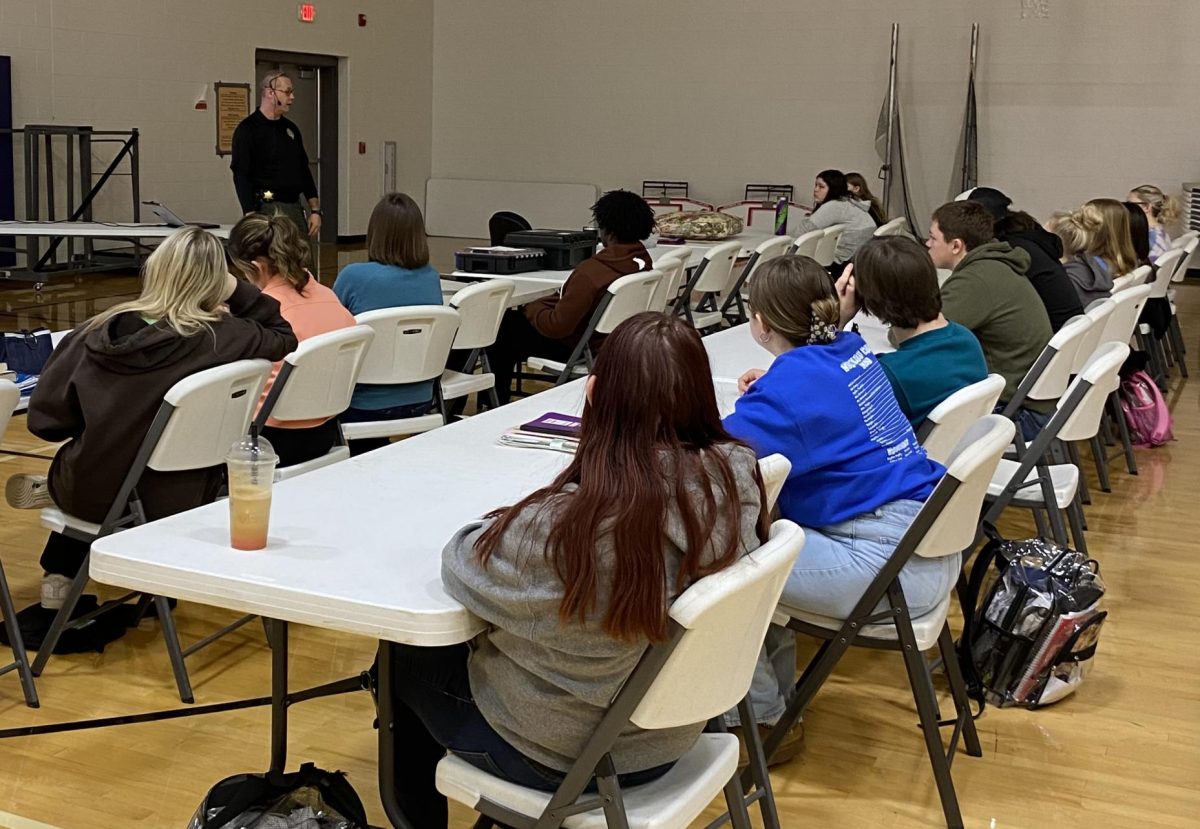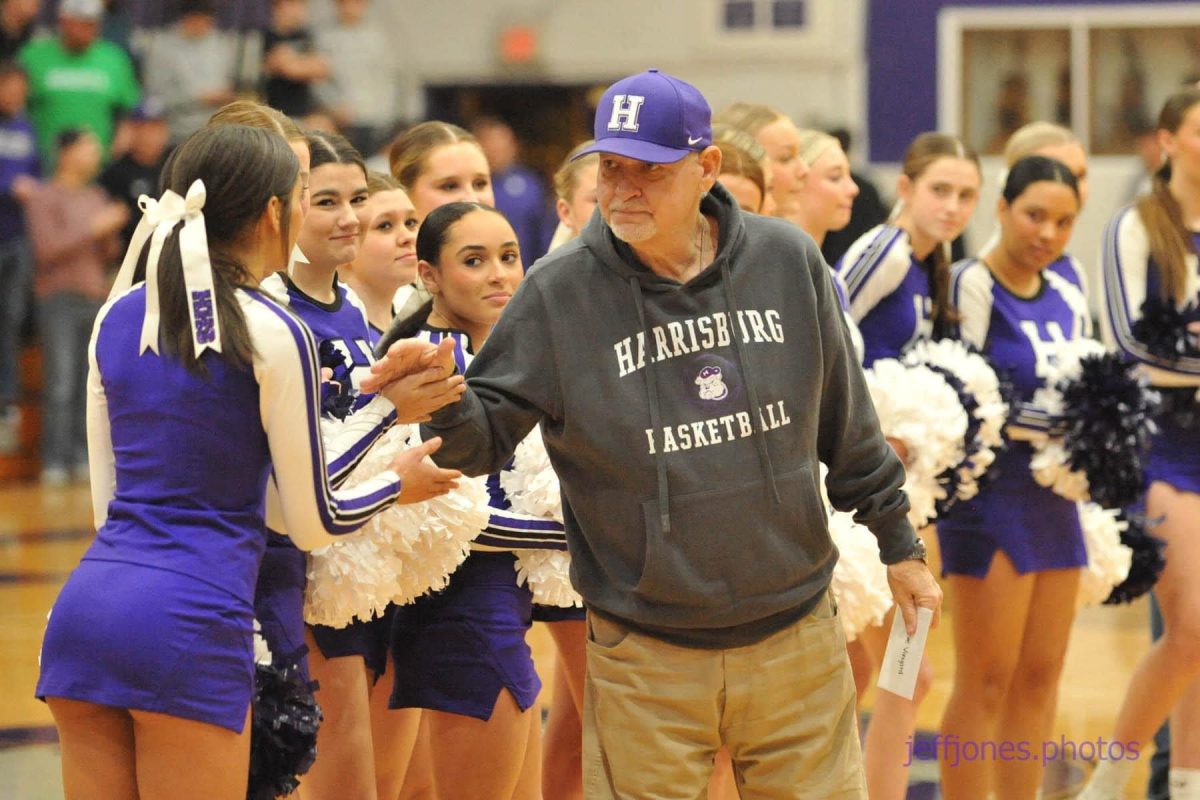This year, college and career counselor Emma Lane organized a CSI workshop conducted by crime scene investigator Sgt. Jason Craddock Jan. 31-Feb. 1.
Sgt. Craddock had many things set up for students to be able to get a feel of what it’s really like to be a crime scene investigator. Craddock had a gunshot trajectory workshop, blood spatter analyzation, and finger and footprint analyzation.
“I actually started my career by applying at the city of McLeansboro for a maintenance job, where I was asked if I had ever thought about going into law enforcement,” Craddock said.
He said that he feels that was God’s way of opening the door to law enforcement for him.
“When I was working at the McLeansboro Police Department, I would be involved and helping in investigations and with crime scene technicians so I had thought that eventually, with the state police, I would go into some kind of investigation,” Craddock said. “I wasn’t fully satisfied with my job on patrol so I thought crime scene investigation would be an interesting career for me so I applied and they offered me a job.”
He said that this career isn’t really something he chose, but something that chose him. He said he really enjoys his job as he has taken on this career for 24-25 years.
Craddock said education is part of preparing for the job.
“I have two degrees in associates and applied sciences. One is in criminal justice. I needed that along with my three years full time experience to get into the Illinois State Police,” Craddock said.
After he was accepted into the Illinois State Police and was selected to be a crime scene investigator, they put him through a training program for roughly six months. The training program’s purpose is to help the trainees learn how to process crime scenes.
Craddock pointed out that serving in the military provides an alternate career pathway.
“Military experience will qualify you in lieu of college as well,” Craddock said.
Craddock said that one of the most haunting things he has experienced being a crime scene investigator is children’s deaths.
“One of the most traumatic cases for me was my first child death case,” Craddock said. “A little girl named Willow, this case stuck with me the most because every night I went home I was reminded of her as I used to live on Willow Lane.”
Craddock said that he is very grateful to have something in his life to bring some sort of peace, as everyone who works this job needs to be able to find a way to cope with the work.
“I pastor a little church, so for me, being involved with my church definitely puts that positive spin in my life amongst all the bad stuff I see, as I do see the worst things in society,” Craddock said.
Craddock feels some classes are a benefit when pursuing this career.
“Photography!” Craddock said. “With crime scene investigations, we are going to teach you everything you need to know. Every crime scene we do, we take photographs and taking photos was probably the hardest thing for me to learn. There are certain techniques you need to learn to be able to take photographs of crime scenes like bounce flash and shutter photography.”
Craddock had mentioned that taking some science classes may be some sort of help, but most of the science stuff is done in the lab.
Craddock warns that the program can be challenging.
“Initially, it is very intimidating because we throw a lot at you. There’s a lot to learn. Once you learn it, it’s all really repetitive,” Craddock said.
Craddock said that the most difficult part overall is seeing what was once a human being, not having any being. His favorite part is educating students.
“I really love doing this. I love going and talking to young adults about this sort of career and I love to tell stories,” Craddock said.
